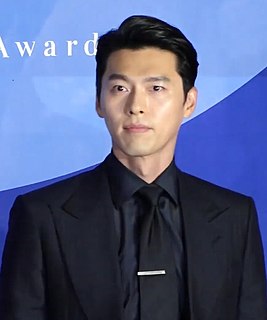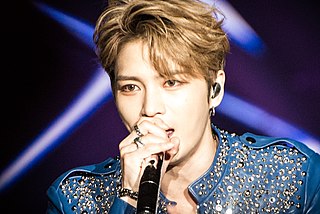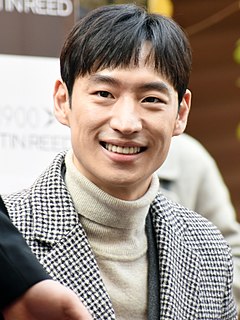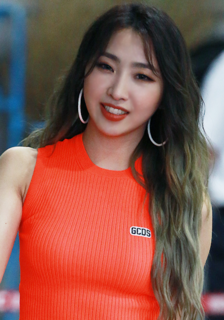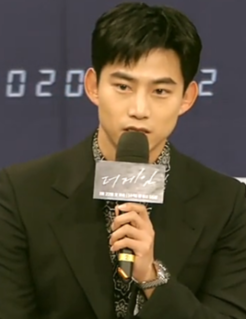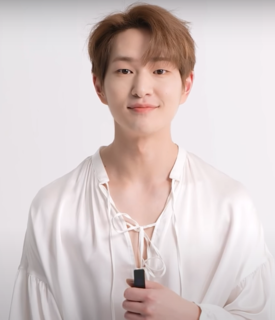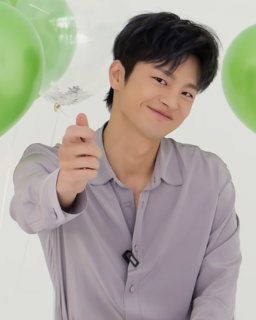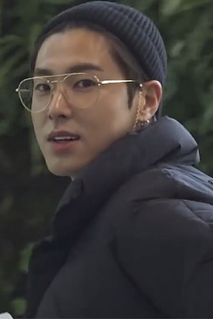Top 51 Quotes & Sayings by Kim Hyesoon
Explore popular quotes and sayings by Kim Hyesoon.
Last updated on April 21, 2025.
It is difficult to disturb the common usage of Korean that is bent to the perspective of a male-oriented society. Korean society is based on both a politics and history that have been disguised as a solid society of solid male poems, a solid written language, fixed rules of how to write literature, and a narrative language.
If you happen to live in Korea, you might always suffer from anger towards people in power, because of political and social problems. I felt gloomy under this social dictatorship. Looking back, I feel like I never saw a sunrise in Seoul. When I was at university, the policemen used to measure how short the women's mini-skirts were and how long guys' hair was. We were living under a government that considers her people to be soldiers.
My body is full of graves. A sepulcher is dug up, and a young girl comes out of it with her dusty hands in tears. A lady who is a young girl and an old girl at the same time feels the presence of the young girl. I feel that the 15-year-old me and the 50-year-old me come out of the sepulcher through an illegal excavation.
We carve on our body what society teaches us and continue this task, not knowing the identity they force us to have. This identity is carved on our faces and our skins. Not knowing our bodies have become "the paper made of human meat," we stuff our bodies and make them a theater where cultural symbols or suppressed symbols play.
As a sick kid, I always looked out the window. The objects of my observation were the sun, the seasons, the wind, crazy people, and my grandfather's death. During my long period of observation, I felt that something like poems were filling up my body. They were in some kind of state and condition that made them difficult to render into words. As a university student, I tried hard to write them in Korean. It was at that time that I foresaw my death and the world's death. I think my poems started at that time.

